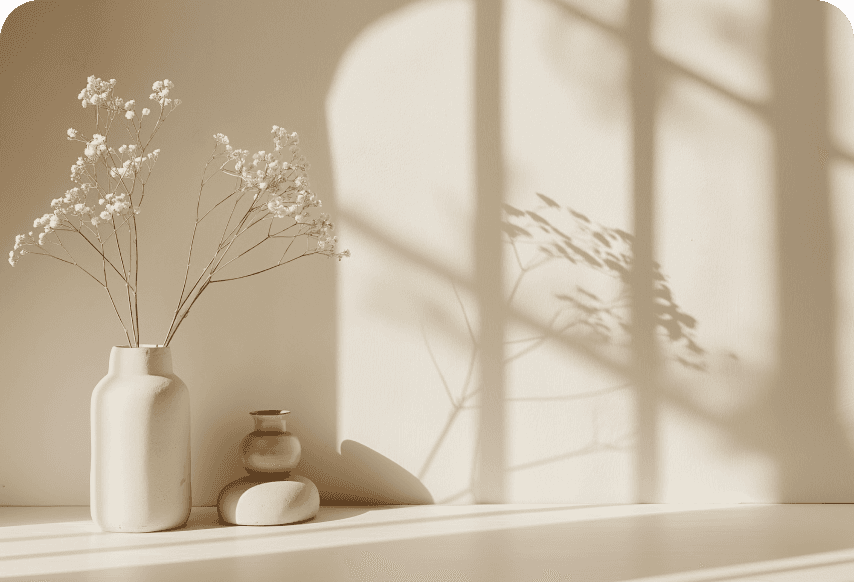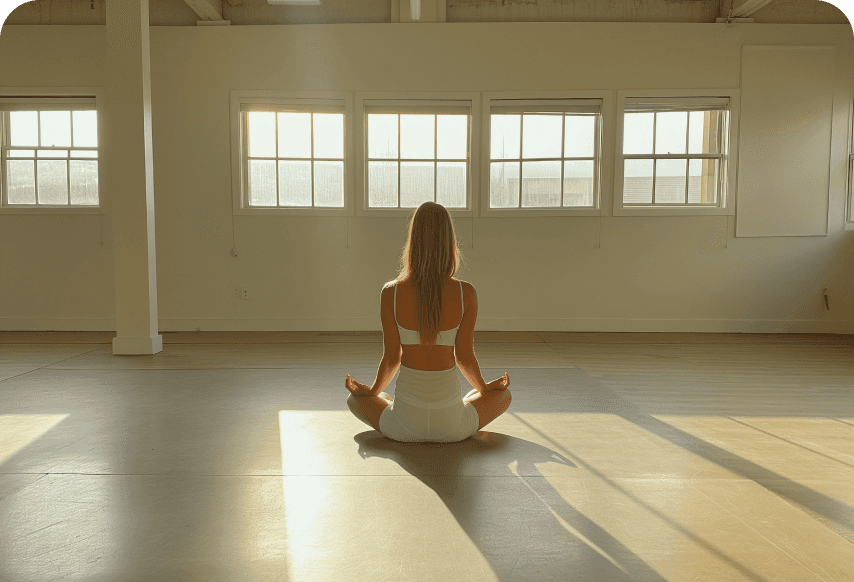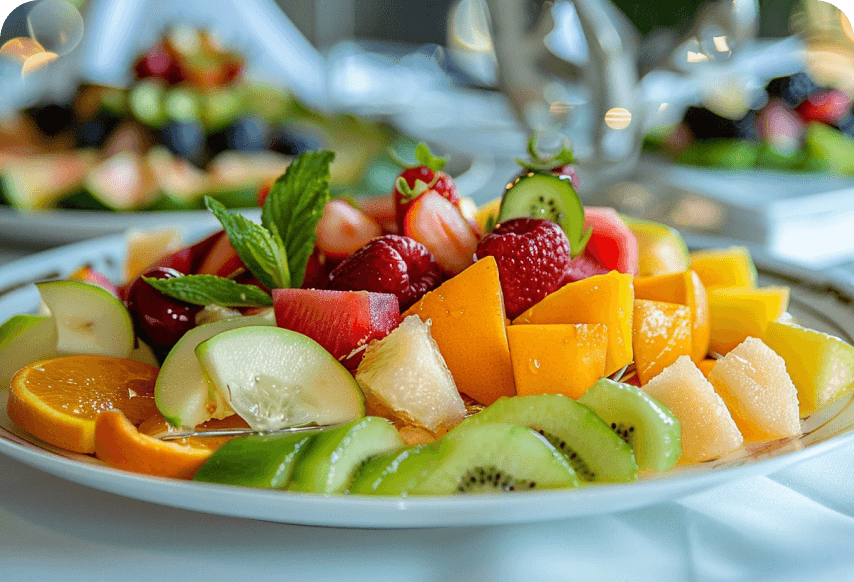Effective Time Management, and Max Your Productivity
Relationships are an essential part of life. Learn how to build strong and lasting relationships with loved ones, communicate effectively, and resolve.
Why Declutter?
Decluttering is more than just organizing your belongings; it's a powerful tool for improving your mental, emotional, and physical well-being. By eliminating unnecessary possessions and creating a more organized living space, you can experience a range of benefits, including. Clearing physical clutter can lead to a clearer mind and reduced stress. When your surroundings are free from distractions, it's easier to focus, think clearly, and make decisions. A clutter-free environment can help you to feel more organized, calm, and focused, allowing you to be more productive and creative. Additionally, reducing clutter can help to reduce feelings of anxiety and overs helm, promoting a greater sense of mental well-being. A clutter-free environment can boost your focus and efficiency. When you're not constantly surrounded by distractions, you can be more productive and get more done in less time. A clean and organized workspace can help you to feel more motivated and inspired, making it easier to stay focused on your tasks and avoid procrastination. Additionally, reducing clutter can help to reduce feelings of overwhelm and anxiety, which can also improve your productivity.
Decluttering Tips:
Decluttering can contribute to a sense of peace and satisfaction. A clutter-free home can create a more calming and relaxing atmosphere, reducing stress and anxiety. When your surroundings are more organized and peaceful, you're more likely to feel happier, healthier, and more content. Additionally, decluttering can help you to appreciate the things you have more, leading to a greater sense of gratitude and fulfillment. Selling or donating unwanted items can free up money that you can use to invest in things that truly matter to you. Additionally, a decluttered home can reduce your energy consumption and save you money on utility bills. By decluttering, you can also reduce the amount of waste you produce, helping to protect the environment
Benefits of a Minimalist Lifestyle:
Reduced Stress less clutter means less stress and anxiety.
A minimalist lifestyle can help you prioritize and focus on what truly matters.
A clutter-free environment can spark creativity and innovation.
When you have fewer possessions, you tend to appreciate them more.
Don't forget to declutter your digital space by organizing files,.
Overcoming Challenges:
Sentimental Attachment: It can be difficult to let go of sentimental items. Consider taking photos or scanning documents to preserve memories without physical clutter.
Fear of Missing Out: Don't hold onto items "just in case." Trust that you can acquire them again if needed.
Lack of Motivation: Start small and celebrate your progress. Breaking down the task into smaller steps can make it less overwhelming.
Ask Yourself Questions: Ask yourself if you've used the item in the past year, if it adds value to your life, and if you have duplicates.
Donate or Sell: Find local charities or online marketplaces to donate or sell unwanted items.
Conclusion:
Embarking on a journey to declutter your life can be a transformative experience. By following these tips and embracing a minimalist lifestyle, you can create a more peaceful, productive, and fulfilling space. Remember, the process of decluttering is unique to each individual. Find what works best for you and enjoy the journey. As you declutter, take the time to reflect on the items you're letting go of. Ask yourself if they truly serve a purpose in your life. Consider the emotions they evoke and whether they contribute to your overall well-being. By approaching decluttering with mindfulness, you can gain valuable insights into your habits, values, and priorities.








